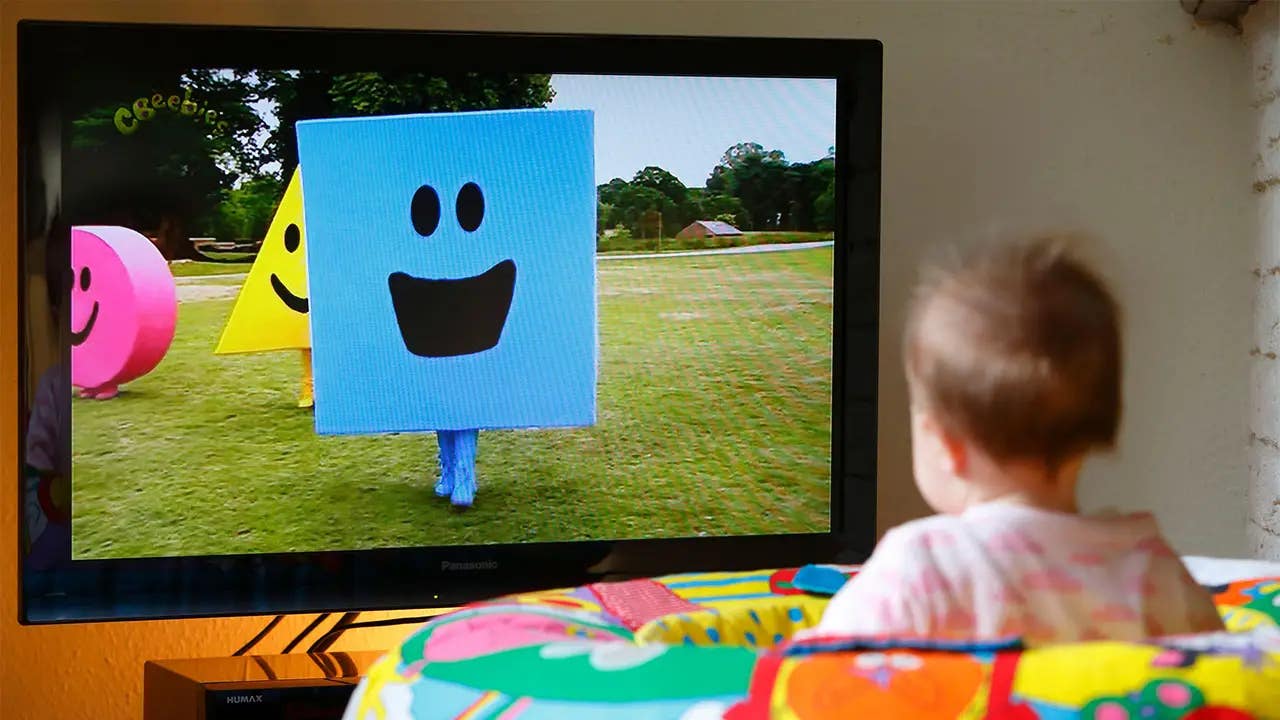Bipartisan report reveals where US is excelling — and falling behind
A new bipartisan report reveals where America excels and its economic uncertainty, political division, and declining trust in institutions

A comprehensive report on America’s progress shows economic resilience but rising mental health issues and distrust. (CREDIT: CC BY-SA 4.0)
The question of how the United States is faring as a nation is becoming increasingly difficult to answer. Many feel a growing sense of unease, fueled by economic uncertainty, political division, and declining trust in institutions. But are these concerns justified? Is the nation truly on a downward trajectory, or are there areas of progress being overlooked?
To answer these questions, the State of the Nation Project, a bipartisan initiative led by former appointees and advisors from the last five U.S. presidential administrations, conducted an in-depth analysis of the country’s current standing. The project’s findings, released in a comprehensive report, assess the nation’s performance across 15 key topics and 37 measures—ranging from economic strength to social well-being, civic engagement, and trust in institutions.
The results reveal a complex and contradictory picture. The United States remains a dominant economic force and has made strides in reducing poverty. However, it is falling behind in mental health, life satisfaction, civic participation, and overall trust in its governing systems. While there is progress in some domestic trends, the nation’s global standing is slipping in several key areas.
Economic Strength vs. Social Decline
Despite widespread concerns about economic instability, the U.S. economy remains one of the strongest in the world. It has consistently ranked among the largest and fastest-growing economies for more than a century, largely due to high worker productivity, increasing educational attainment, and a robust culture of innovation. While labor force participation has seen slight declines, immigration continues to bolster the workforce.
At the same time, the nation is experiencing a disconnect between economic prosperity and overall well-being. Rising incomes and increased material wealth have not translated into improved mental health or higher life satisfaction. Many Americans feel more isolated, anxious, and distrustful of institutions than in past decades.
Douglas Harris, State of the Nation Project Director and economics professor at Tulane University, emphasized the importance of recognizing these contradictions. “Without a clear and accurate diagnosis of the most pressing issues facing the nation, there can be little hope for sensible solutions,” he said.
A Mixed Domestic Picture
The report shows improvement in several key areas at the national level, including economic growth, education, environmental policies, and reductions in violent crime. However, it also highlights troubling trends, particularly in civic engagement, democracy, and mental health.
Related Stories
Among the report’s most concerning findings is the decline in trust—not only in government institutions but also in neighbors, news sources, and major corporations. Americans are becoming increasingly distrustful of both political parties, and public confidence in democracy is weakening.
Mental health is another critical area of decline. Depression and anxiety rates have surged, particularly among younger generations. Suicide rates have increased, and reports of social isolation suggest that strong community ties are eroding. Despite economic advancements, many Americans are struggling with a sense of meaning and belonging.
The public’s assessment of these trends aligns closely with the findings of the State of the Nation Project. In a survey of 1,000 U.S. adults, participants overwhelmingly agreed that while the economy shows resilience, other aspects of American life—social cohesion, mental health, and political unity—are deteriorating. This broad agreement across political lines suggests that, despite deep partisan divides, there is consensus on the issues that matter most.
Global Standing: Losing Ground in Key Areas
When measured against other high-income nations, the United States is losing ground in several critical categories. While it remains a global leader in economic strength and innovation, it ranks lower in areas like health outcomes, life satisfaction, environmental protection, and civil liberties.
In terms of environmental policies, the U.S. has made some progress in reducing emissions and increasing clean energy initiatives. However, it still lags behind other developed nations in meeting sustainability goals. Climate change remains a pressing issue, with the country struggling to balance economic interests with long-term environmental responsibility.
Healthcare also presents a significant challenge. While medical technology and research are world-class, the accessibility and affordability of care remain major issues. Compared to other high-income countries, the U.S. has higher rates of preventable diseases, lower life expectancy, and a more expensive healthcare system.
Perhaps most striking is the decline in life satisfaction. Despite economic prosperity, Americans report lower happiness levels than citizens of many peer nations. This trend raises important questions about the country’s social fabric—how factors like work-life balance, community engagement, and political stability contribute to overall well-being.
Bridging Divides to Shape the Future
One of the most striking aspects of the State of the Nation Project is its ability to find common ground. Given the political polarization that dominates headlines, many expected this initiative to reflect the same deadlock that plagues Congress and public discourse. Instead, leaders from across the political spectrum reached broad agreement on the nation’s most pressing challenges.
This shared understanding offers a glimmer of hope. While Americans may disagree on policy solutions, there is a clear consensus on what is going wrong and what needs to be addressed.
Harris sees this agreement as a vital first step toward progress. “It’s noteworthy that such a wide-ranging group could find common ground on how we should gauge our progress,” he said. “The first step toward moving the nation forward is to gain broad agreement on the real state of the nation.”
The State of the Nation Project plans to continue monitoring these critical measures, providing an ongoing assessment of the country’s trajectory. By engaging both experts and the public in data-driven discussions, the project aims to shape meaningful conversations about America’s future.
Ultimately, the report does not provide definitive answers—it raises important questions. How can the country maintain its economic strength while addressing its growing mental health crisis? Can trust in institutions be restored? Is it possible to bridge political divides for the sake of national progress?
The findings of the State of the Nation Project serve as both a warning and a guide. They highlight areas of achievement while signaling where urgent action is needed. As the nation looks to the future, these insights can help shape informed, practical solutions—solutions that reflect both the challenges and the opportunities ahead.
Note: Materials provided above by The Brighter Side of News. Content may be edited for style and length.
Like these kind of feel good stories? Get The Brighter Side of News' newsletter.
Joseph Shavit
Head Science News Writer | Communicating Innovation & Discovery
Based in Los Angeles, Joseph Shavit is an accomplished science journalist, head science news writer and co-founder at The Brighter Side of News, where he translates cutting-edge discoveries into compelling stories for a broad audience. With a strong background spanning science, business, product management, media leadership, and entrepreneurship, Joseph brings a unique perspective to science communication. His expertise allows him to uncover the intersection of technological advancements and market potential, shedding light on how groundbreaking research evolves into transformative products and industries.



